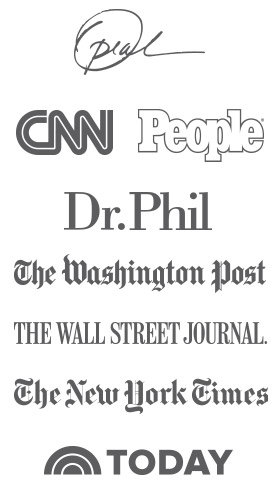I ran across this editorial by columnist Eric Schubert in the Star Tribune online and couldn’t agree with it more — start while they are still young. Here’s what Eric had to say:
Used to be that credit cards didn’t pad most wallets. People stayed in the same job, steadily paid off a 30-year, fixed-rate mortgage, retired with a pension and, when life waned, received care from family or a nursing home bolstered by Medicare and Medicaid.
Personal finance had autopilot sensibility.
But individuals now hold the controls — from 401(k)s IRAs and health savings accounts. Soon we’ll hold more controls — of necessity.
The tools of Lyndon Johnson’s Great Society — Medicare and Medicaid — are running tight and badly in need of retooling. There are more of us, we live longer, and we don’t want to die in a cinderblock room next to a stranger. To meet our desires amid today’s fiscal realities and unprecedented age wave, we’ll have to raise taxes, create new savings and payment options, or both.
More control demands fiscal literacy for a lifetime. But we don’t teach personal finance across all schools and grades. Some say money management should be home taught. A wonderful concept, but too many parents are financially illiterate.
In 2005, the national savings rate fell below 0 percent, the first time since the Great Depression. A University of Minnesota study says nearly one-third of Minnesotans age 43 to 72 are at “very high risk” of not having enough money for retirement.
A new AARP study says half of us don’t read financial information because “it’s too hard to understand.” And, in a study of baby boomers by Ecumen, my employer, nearly one-third think Medicare will pay for long-term care. It won’t. Beyond the several-week rehabilitation benefit, you, your long-term care insurance or Medicaid pay nursing home costs.
All told, financial home schooling has been a failure.
Fiscal literacy can’t just be a 12th-grade class. Learning must begin early and progress so students leave high school knowing the power of compound interest, financial pitfalls, the difference between Medicare and Medicaid, and how decisions made in their 20s will affect how they’ll live in their 90s.
Curricula must be experiential and emphasize sharing. Politicians talk about how churches and nonprofits are integral to helping people. They are. But good intentions can’t fuel our work. And while we don’t pay profits to shareholders, our work requires dollars. No money, no mission.
For Minnesota to come out of the age wave in sound fiscal shape, tomorrow’s adults must innately understand the interplay among saving, sharing and spending. Giving kids a nominal, pre-funded investment account that they can contribute to and manage would provide hands-on learning and perhaps go toward their college tuition or seed money for a business.
Would mandated classes cost too much? They shouldn’t. Other states already do it. The Itasca Project includes a variety of materials at financiallyfitmn.org



Leave a Comment